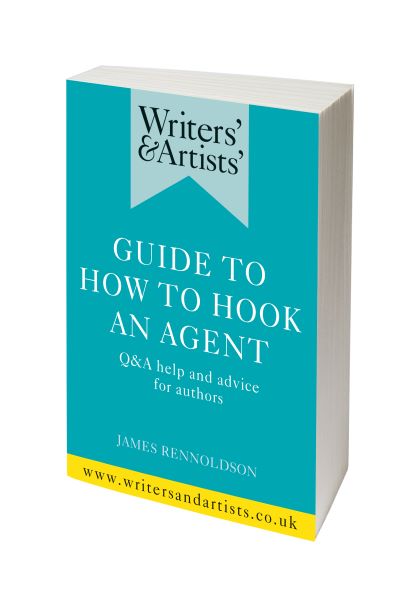
It’s very much worth the while of both agents and editors to develop a good working relationship because, to a certain extent, they rely on one another to succeed. Agents recommend manuscripts to editors that are of a high quality and complementary to the list of titles they already publish. Commissioning editors, meanwhile, hold the keys to the door of a publishing house, and all of the finance and resources they are able to put towards turning a writer’s manuscript into a book that competes in the marketplace. The job of an agent is to persuasively pitch the work of their clients to commissioning editors, who in turn (provided they love it and believe they can publish it well), will pick up the baton and champion the book in an acquisitions meeting, hoping to convince their colleagues the book is a worthwhile investment and that they should make the money available to bid for rights.
As noted previously, once an author signs a publishing agreement with a publisher, they usually receive an advance on royalties, and then further royalties provided when sales generated surpass the figure of the advance. An agent charges their author commission in either instance. This rate of commission in no way impacts the percentage per-sale a publisher takes home from each book sold so, once an agent’s client has a deal with a publisher, theoretically an agent shouldn’t really need to have much contact with them. This is not the way it works in practice, though. Editors are the main point of contact for agents, who continue to keep an eye on things as the book goes through the publishing process. Acting on behalf of their authors doesn’t mean just finding a deal, it means they are on hand to offer advice or answer questions, have their say on publicity schedules and cover design options, and sign off things like press releases or cover copy.
How do agents know which commissioning editors to target?
A major aspect of a literary agent’s job is getting to know editors who could acquire the books of their authors. Both parties, therefore, make it their business to arrange meetings where an agent can talk about the projects their clients are working on, and editors can provide insight into the sort of things they ’ re looking to acquire and how they’re hoping to develop their list in general. This (or even a more informal chat at a book launch or an industry event) is a perfect opportunity for an agent to whet an editor’s appetite by using that short, memorable one-line pitch for your book you've both worked on, something that might not seem of great significance when you first came up with it, but which now should plant a seed in the mind of an editor where your book is concerned, heightening anticipation ahead of it being submitted to them.
One other advantage an agent can gain from having a good relationship with an editor is that it can sometimes give them the inside track on job changes or decisions made in terms of a new direction for a list. Could this lead to an opportunity for one of their writers? Or could being tipped off about these changes save them time and lead to them concentrating on finding a deal elsewhere?
Written in Q&A format, Writers' & Artists' Guide To How To Hook an Agent is an introduction to the process of submitting a manuscript to literary agents, and is directly inspired by popular questions asked by writers that have attended our long-running series of events of the same name. If you're looking for a literary agent to represent your manuscript order your copy here, or to find out about our latest events click here.
Comments